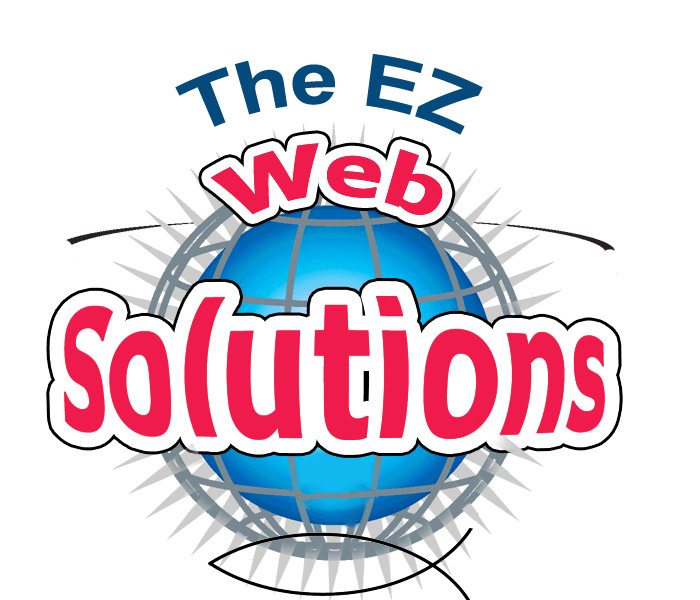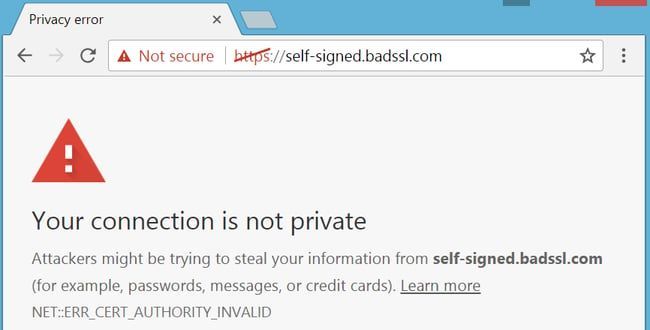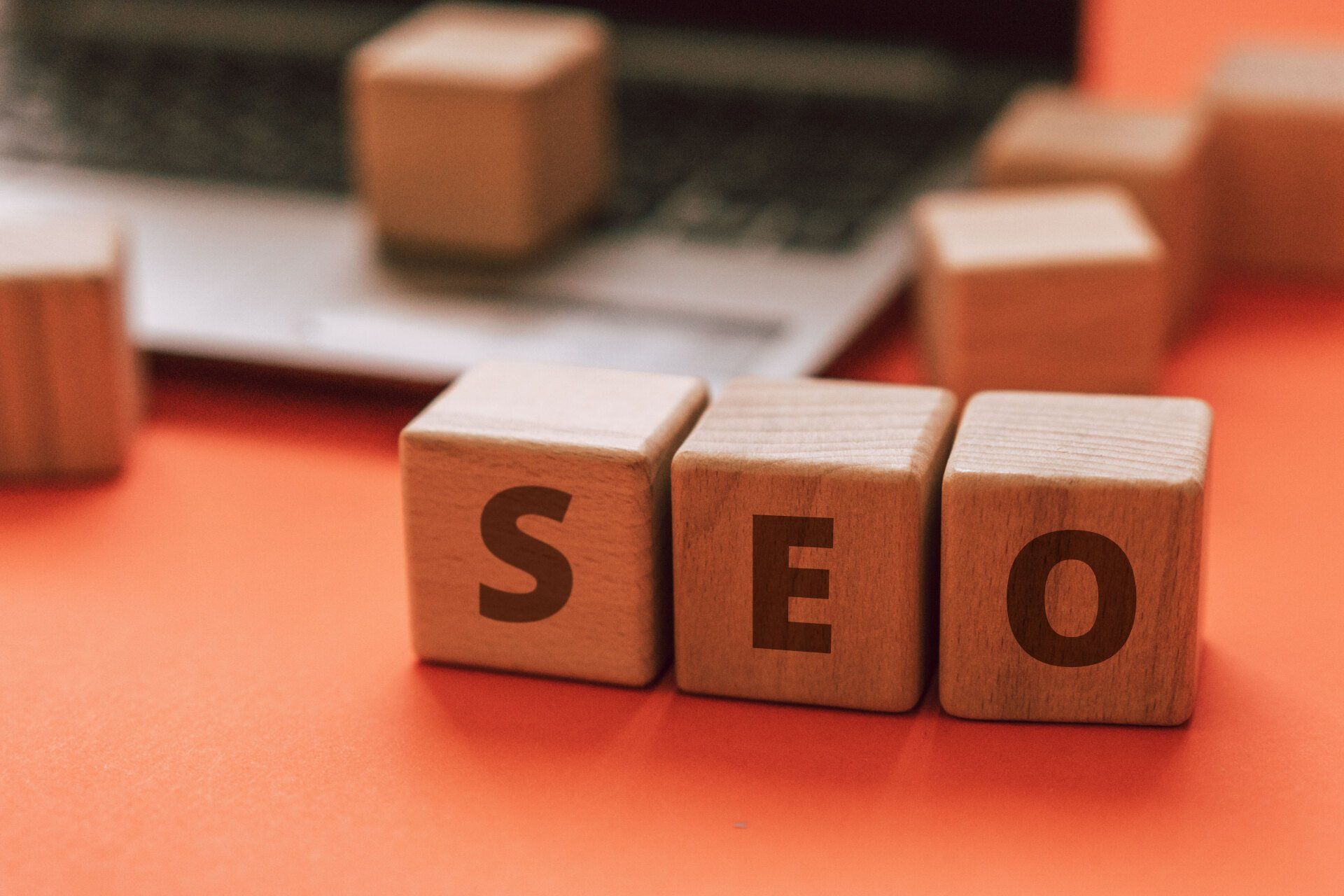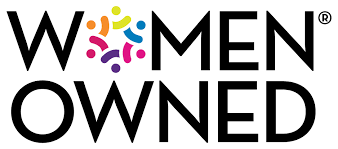Cheryl Anderson
Insurance Agent Can Save Money On A Website,
and Why you need one.

50% of agents have a website, 17% of agents have online quote capability, and 35% of agents believe people don't need online quotes. As an Independent Insurance Agent, if you have been on the fence about whether implementing a website is a good decision, now is an excellent time to break through. One great reason is Agency Credibility. A study performed by Verisign reported that 84% of consumers believe that small businesses with websites are more credible than ones without an online presence. The study also concluded that 65% of consumers consider a company-branded email more credible than a generic email account such as Gmail, Outlook.com, AOL, or Yahoo mail. Who do you think looks more credible if all your competitors have websites and your business doesn't?
How do internet searchers find your Agency if you don't have a website? According to a study from J.D. Power, 74% of consumers use an insurance agency's website for research and quoting. Those are customers you won't see if you don't have a website. With over 3.5 billion Google searches occurring daily, your customer could be seconds away from locating and calling your Agency for a quote. Agency websites allow potential customers to access your Agency and learn about your products and services 24/7. "Who's your agent? What's their website – what do you mean they don't have one?" The ability to relate to a defined audience and build relationships is a game-changing benefit of creating and maintaining a website. Using your site to tell a story about you and your Agency begins the relationship. Using your website to earn and retain a customer is the ultimate goal and the result of successfully relating to and serving the customer. Consumers are more likely to visit your website to learn about your business than to pick up the phone and call. Replying to emails and social media comments is a great way to build trust and personalize your small business experience. Make the Sale Although a small business website serves many purposes, the main objectives are:
- To inform
- To engage
- To convert
The most effective ways to use a business website to this end are to provide high-quality information, learn about who your audience is and what they want, and create a sales funnel that nurtures them through the sales process. Small business websites can also allow for automation of the sales process and for sales to be converted at a much higher rate than traditional sales methods. Expand your market and show the world who you are! It's called the World Wide Web for a reason! Perhaps your business began by serving a local community. Maybe your business is a brick-and-mortar business that would like to expand to a larger market. Increasing the demand for a small business is one of the most lucrative benefits of creating a website. Regardless of their geographical locations, the people who visit your website are there because they have expressed an interest in what your business offers. Use that to your advantage. Know who's looking and what they're looking for. Unless you specifically ask each customer who comes through your door how they found you, you may not know the origin of your customers or which marketing campaigns work. Using your small business website as a marketing and analytics tool will provide real-time data about the following:
- Demographics of your website visitors. (i.e., gender, age, etc.)
- How visitors find your site.
- The number of monthly/weekly/daily visitors to your website.
- Which website pages are most visited.
- How many pages do visitors access per visit?
- How much time do they spend on each page?
- How frequently do visitors return to your website?
- More in-depth analytics data will also be available depending on whether your site utilizes pay-per-click advertising or marketing software.
The answer is clear, the days of people pulling out the bulky, printed copy of the Yellow Pages to find your business are gone, and they won't be returning. Having a website for your business is a "must-have" and not just a "nice to have" element of being in business. Not having a website puts your business at a competitive disadvantage."














